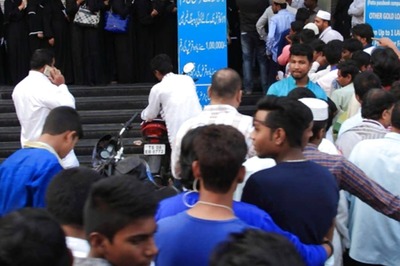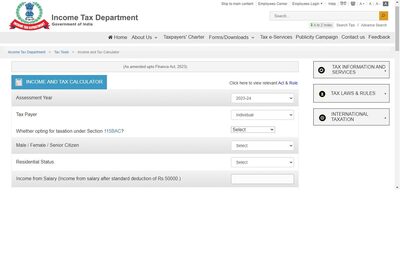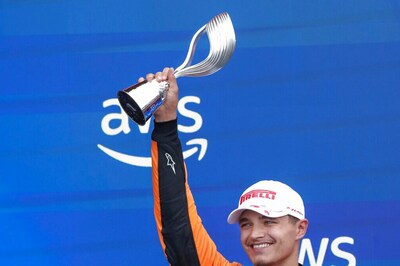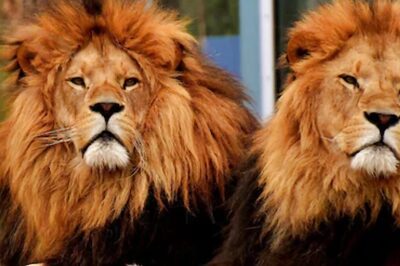
views
Another year passed but the sorry state of Indian hockey refused to change as the prolonged struggle for power between two warring federations once again took centre-stage over the performance of the national team in 2011.
Just like a never-ending television soap opera, there seemed to be no immediate solution to the tussle between Hockey India and the de-recognised Indian Hockey Federation, who, after calling a temporary peace, went back to fighting ways, leaving the national game in utter shambles.
Thanks to the tug-of-war between the HI and the IHF, the team had hardly anything to showcase in terms of performance, apart from a few successes here and there in the year gone by.
With time running out for the London Olympics qualifiers and the national team showing hardly any signs of improvement, the administrators of the game roped in a new coach, Michael Nobbs from Australia, for a period of five years.
Soon after taking charge, Nobbs laid down a proper road-map for next year's Olympic Qualifiers and it appeared that things had slowly started to change for the better as the Australian tasted success in his maiden assignment - the inaugural Asian Champions Trophy (ACT) in Ordos, China.
Nobbs decided to go in with a relatively young side in the ACT and his decision proved good as India returned victorious from China. They defeated Asian powerhouses South Korea 5-3 en route to the final, where they defeated arch-rivals Pakistan in a high-voltage match.
However, eight-time Olympic champions India lacked consistency throughout the year, finishing a lowly sixth in the seven-team Sultan Azlan Shah Cup in May.
Even though India managed to reap rich dividends in the ACT, they were exposed ruthlessly by the mighty Australians on the tour Down Under.
India, however, displayed some character by bouncing back in the Champions Challenge I tournament in South Africa, where they pumped in 29 goals. But the tournament eventually ended in disappointment as they lost to Belgium in the summit clash, which cost them their place in next year's Champions Trophy.
That was just about all the Indian hockey team managed to give its fans in 2011, as controversies and power struggles ruled the headlines in what can be termed as a gloomy year for Indian hockey.
Things appeared to be going out of control from the onset of the year and the Sports Ministry was forced to intervene, giving both the HI and the IHF a strict deadline to kiss-and-make-up or face action. After endless meetings at the behest of the Ministry, both the federations agreed to sign peace, which was only to be derailed by an opportunist International Hockey Federation (FIH), which dismissed the working agreement between the HI and the IHF.
Stating that it was against the International Olympic Committee charter, the FIH rejected the formula and snatched away the hosting rights of this year's Champions Trophy from India, and also threatened to move next year's Olympic Qualifiers from India.
Then came the lucrative World Series Hockey, which promised to change the face of Indian hockey with huge money on offer for the poor domestic players, but that too hit a roadblock in the form of the HI. The eight-team franchise-based tournament, promoted jointly by the IHF and Nimbus Sport, resulted in fresh confrontation between the HI and the IHF.
The tournament, to be conducted on the lines of the Indian Premier League, was originally scheduled to be held across different cities of the country from December 17 to January 22, but the organisers were later forced to postpone the event as it clashed with the national camp for the Olympic qualifiers.
Since its launch, the WSH faced stiff opposition from the HI and the FIH, with the world body warning all the players to stay away from the unsanctioned league or face sanctions from international competitions. The FIH and HI's opposition forced India's top 12 players, including skipper Bharat Chettri, Tushar Khandekar, Yuvraj Walmiki, PR Sreejesh, Sandeep Singh and Sardar Singh, to withdraw from the high-profile league.
But controversies and power struggles apart, the national team appears to be slowly finding its feet, with many junior players coming up the ranks, though the road to redemption is still far away for the erstwhile hockey giants.
All said and done, the Indian team has a golden opportunity to erase the bitter memories of Beijing as they have been handed an easy draw in the Olympic Qualifiers, scheduled to be held in New Delhi from February 18-26 next year.
While there is some confidence growing on that front though, the hope that the two warring federations may sign peace for the betterment of Indian hockey still looks to be a far-fetched dream.


















Comments
0 comment